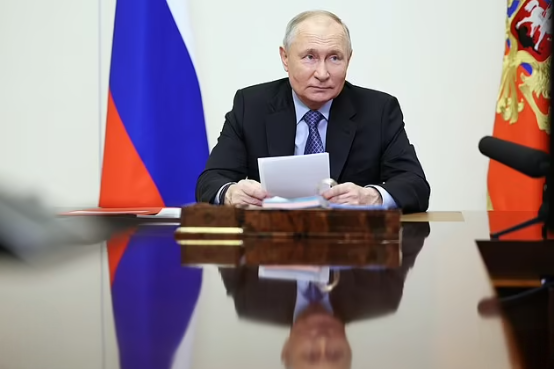During a recent hearing before lawmakers, a Pentagon official issued a stark warning about Russia’s development of a nuclear space satellite, cautioning that it could potentially disable all other satellites globally for up to a year. This alarming revelation marks the first time the Biden administration openly discussed the matter in a Congressional setting following a previous disclosure by lawmakers in February.
The official, John Plumb, the assistant secretary of defense for space policy, emphasized the indiscriminate nature of such a weapon, which wouldn’t differentiate between civilian, commercial, or military satellites. This poses significant risks to vital communication services, internet access, and data collection related to national security.
Plumb also highlighted the role of SpaceX’s Starlink satellites, which have played a crucial role in maintaining communication capabilities for Ukraine during the ongoing conflict with Russia. However, he reassured that while the threat of the nuclear space satellite exists, there’s no imminent danger to public safety.
Meanwhile, amidst these concerns, China made headlines by launching the first mission to collect samples from the dark side of the moon. This development has raised additional apprehensions, with the U.S. government cautioning that China’s ambitions in space could potentially lead to claims of lunar ownership.
Lawmakers expressed concerns about China’s space program, particularly its ties to the People’s Liberation Army, suggesting that it could be a cover for military operations. They warned of the possibility that China might stake territorial claims on the moon, similar to its actions in the South China Sea.
In light of these developments, there’s growing recognition of the need for vigilance and international cooperation to address the challenges posed by advancements in space technology and safeguard global security interests.















































